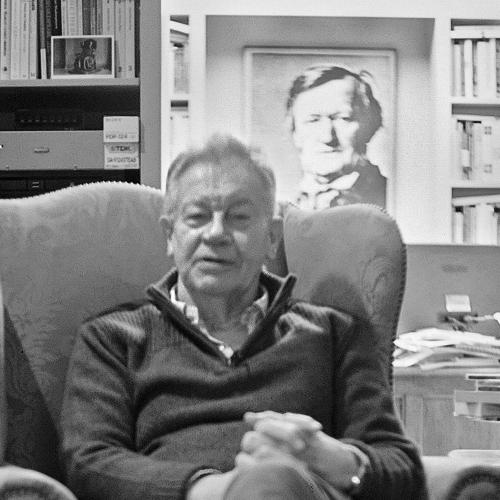COMPOSERS: Verdi
LABELS: Opus Arte
ALBUM TITLE: Verdi
WORKS: I due Foscari
PERFORMER: Plácido Domingo, Francesco Meli, Maria Agresta; Chorus & Orchestra of the Royal Opera House/Antonio Pappano; dir. Thaddeus Strassberger (London, 2014)
CATALOGUE NO: Opus Arte DVD: OA 1207 D;
Blu-ray: OABD 7197 D
I due Foscari (The two Foscaris) is a product of Verdi’s ‘galley years’, as he bitterly described the period when he had to produce an opera on a yearly basis – as did all the mid-century Italians. He wrote it from no creative impulsion, but as a job of work. Being a genius, he was incapable of writing a whole opera without some signs of his creative power, but in this opera they aren’t all that apparent. Yet it is revived because all Verdi is, and on this particular occasion because Plácido Domingo wanted to add yet another opera to his already unequalled list. When it was put on at the Royal Opera last year the general critical response was muted at best, but in this version on Blu-ray (or DVD), it harmlessly passes a couple of hours.
I due Foscari is a drama in which the old Venetian Doge, played by Domingo, is forced to accede to the death of his son, the tenor hero, played by Francesco Meli. I found Meli sensationally good, with a strong, passionate and flexible voice, a good appearance and heroic acting. Domingo is less unsuited to this role than to most of the others he has sung since he sank to being a baritone, but the tenorial ring is still there, and the lower notes still obtrude for their lack of colour and power. He acts the part rather well – and Verdi, as usual, is much more interested in parent-child relations than in lovers. The soprano lead is taken by Maria Agresta, enthusiastic, even thrilling, but a screamer. The scenery and production are elaborate and bemusing without being either atmospheric or helpful to the performers. Antonio Pappano is at his best in this repertoire, and the performance is received with a rapture that is only partly comprehensible.
Michael Tanner
